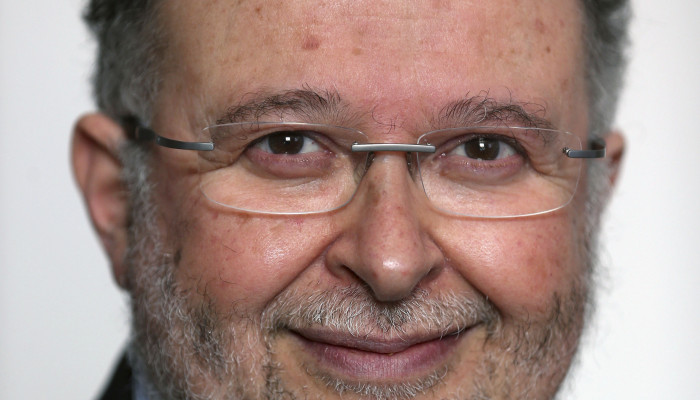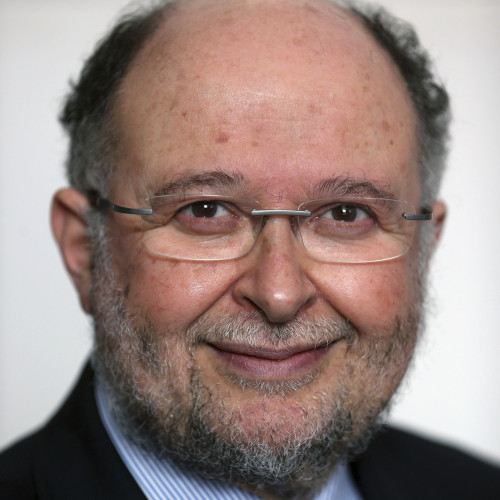Candidates to the ESC board, 2023: Michael Levi - Election of ESC President

I am pleased to have the opportunity to put myself forward for election as President of the ESC.
I started my studies as one of that fortunate generation of first-generation educated people paid for by UK taxpayers, studying Philosophy Politics and Economics at Oxford – which has turned out to be unexpectedly useful in the areas of criminology on which I have worked. After this, I took what was then the only UK criminology postgraduate course at Cambridge and, having become interested in the organisation of crimes and the ways that they were regulated and/or criminally prosecuted (or not) and the effectiveness of those approaches, I did my PhD at Southampton on bankruptcy fraud. When my funding finished, I was fortunate enough to get one of only two criminology lectureship posts available in the UK that year and moved to Cardiff in 1975, where I have happily remained ever since, becoming a full Professor in 1991.
My involvement in the ESC began at its initial set-up meeting and conference, and I have served on the Board 2006-2008 and 2016-2018, leading the Cardiff team in organising the 2017 ESC, so I am familiar with its duties and responsibilities as well as with the delights of its conferences. When on the Board, I served on the committee deciding the Young Criminologist Award, and I understand that the ESC needs to cater for the broad spectrum between that and my own generation for whom criminology was not the mass popular subject it is today. My hope and expectation is that during and long after the next Presidency, we can continue to flourish as the centrepiece of the broad European criminological project, facilitating the expansion of areas of conceptual and research specialism without losing the conference’s special appeal as an ‘omnium gatherum’ (Passing Latin exams was then compulsory for Oxford entrance!). I was honoured to receive the European Criminology Award in Malaga and hope to continue to contribute to the ESC, whether elected or not.
Though I used to write the ‘violent crimes’ chapter and continue to co-write the terrorism as well as the corporate/white-collar crime chapter of the Oxford Handbook of Criminology, my main areas of research have been on ‘economic crimes’ (from elite to ‘organised’ and blue-collar, both offline and cyber-enabled frauds; corporate crimes; and money laundering) which have presented a significant challenge to criminal justice and regulatory systems for centuries as well as during Covid-19. Though some cybercrimes and frauds are now ascending the security threat agenda in Europe and elsewhere, they have traditionally not been viewed by politicians and police leadership as being as serious as drugs and some other illicit markets. I have attempted to fill some major gaps in our knowledge and understanding, using theory, and contemporary and historical empirical analysis. In the EU & Council of Europe as well as the UK, I have advised policymakers, sometimes being listened to (and therefore defined as ‘impactful’) and sometimes ignored (so ‘impactless’, even when arguably right). I remain fascinated by the comparative shaping of crimes and their control over time and place and will study these until it is time to hang up my boots.
